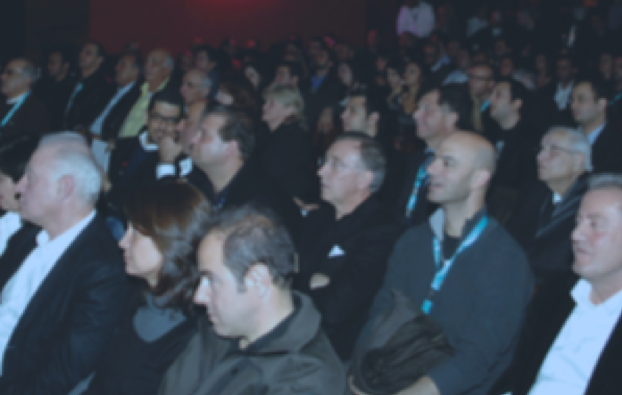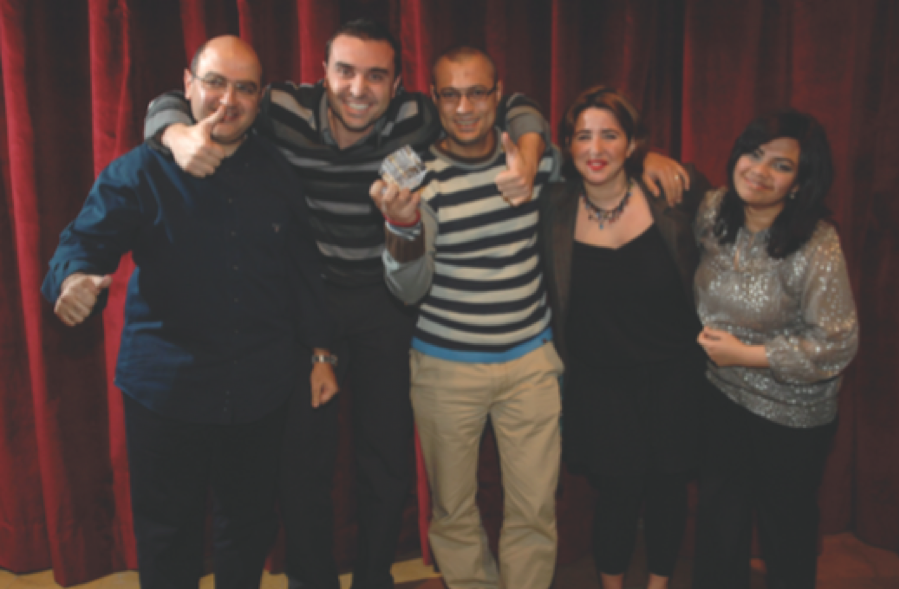With more than 20 years experience in the advertising industry, Dani Richa currently holds the presidency of the International Advertising Association’s Lebanon Chapter and is the chief operating officer of Impact BBDO Levant, North Africa and Saudi Arabia. At the MENA Cristal Awards, Executive spoke to Richa to get an insider’s view of the regional advertising industry and its future during a period of financial turmoil.
E As the region begins to cope with the global economic downturn, what do you project in terms of the bottom line for advertisers in the year to come?
Unfortunately, the most affected market is going to be the UAE and especially Dubai, which stands to suffer the most. The media and ad agencies in Dubai have essentially two markets; the Dubai market and the regional market out of Dubai. The Dubai market, I hate to say, will experience a severe cut that could go up to 50 percent, slashing advertising budgets in half, which is massive. It’s really dramatic because in Dubai, the biggest spenders are real estate companies and given that the real estate sector is in trouble, as a lot of projects [have been] stopped or slashed in half, and the financial institutions which are linked to the real estate sector [are] cutting their spending. I foresee a big cut. Now, people will continue to eat and drink so fast moving consumer goods will be alright.
These categories mainly deal with pan-Arab satellite communications out of Dubai and this will be hit by a maximum of 20 percent. Which means that on average, if you balance the regional with the local advertising sector as a whole, it could suffer a cut of 20-25 percent. That said, a lot will depend on the price of oil. If the price of oil goes up everything will be fine. If it continues to drop or stagnate they [Gulf countries] will have a difficult year and the repercussions on our industry will amount to cuts of around 10-15 percent in the Saudi market, which is steep because this is the market driving the whole region.
E We have seen a lot of examples of staff layoffs and reallocation of resources. Some advertisers have even moved their base of operations out of Dubai to places like Beirut. Do you see this as a trend that is going to continue in the regional advertising industry?
There are tough times ahead but let’s not forget that companies were hiring like there is no tomorrow and increasing headcounts like crazy, so I don’t see companies losing a lot of people in the sector because the hiring has stopped. Some companies will use this opportunity to get rid of some dead wood. Obviously in some sectors that have really been hit, good people will have to leave. We all know that Dubai was a very attractive location in the region and it was very difficult to get people to go to other countries in the Gulf. Now is an opportunity to get good talent spread across the region, so relocation is definitely something we look at. In our case, we opened two or three offices last year and we are opening some more so we need people for the offices we have opened in Abu Dhabi, Qatar and Algeria as all of these are start-ups. They are emerging economies; they need people. We were having a lot of difficulty getting people because the industry grew very fast and this is why we had to import talent from outside the region. When I hear that thousands of people are coming back to Lebanon I don’t think it’s that dramatic. A lot of people may be leaving Dubai but they are going to other places in the region like Abu Dhabi, Saudi or Kuwait.
E So where do you think the new hotspots are in the region, given that places like Qatar are still expected to grow during times of global recession?
A country like Qatar has a lot of wealth in natural resources between gas and oil so they are not really looking at manufacturing and consumer sales as a basis for their economy. The countries that are more reliant on oil will suffer the least, especially if the price of oil goes up. This is why places like Dubai which are more commerce based economies stand to be hit the most. In the region, I think that multinationals have had disproportionate [advertising] interests in the GCC versus the rest of the region. The amount of profits that were being made in the Levant and North Africa pale in comparison to those of the GCC. Now, the trend is shifting to not putting all of your eggs in one basket in order to achieve a diversification of risk as well as looking at emerging markets in the region. In terms of Lebanon, I think we will probably be affected the least, even though we don’t depend on oil. We have been out of the game for so long that we didn’t really benefit from the boom that was happening in the GCC. By the same token, we won’t be affected as much by the crisis that has happened there. Lebanon is an introverted economy and we could even stand to benefit from this crisis. If you look at the advertising industry as a whole, Lebanon has been struggling with around $80-100 million for the last 15 years. Last year was one of the better years but it was far from being the best possible because we are so far behind in terms of the total advertising spent in the MENA region, which is about $3 billion. Hence, we have a lot of catching up to do and I am not just talking about a 10 percent year-on-year growth. We need a major adjustment to get where we want to go.
E Staying with Lebanon, we have already seen a lot of electoral ad campaigns for political parties in light of the upcoming elections in June. What do you think the consequences for the advertising industry will be in terms of taking up ad campaigns for candidates?
We are forecasting good growth and this growth is mainly coming from electoral campaigns. Even though a lot of these parties have their own TV channels, outdoor is a key medium because it’s in the streets and is by nature a populous medium. It’s like launching 250 new brands because there are at least 250 candidates that will promote themselves and I expect an average investment of $200,000. This could mean up to $50 million in additional revenue for the ad industry, which is a massive jump up from $100 million. Even if it is half of that, it is already major. I think that outdoor will stand to benefit most. But because outdoor is going to be so saturated, there will be an overspill that could benefit different media. Especially since active commercial brands won’t find availability in the outdoor medium so they will have to go look at alternative media. Lebanon lost its role as the center of the Middle East a while ago and we almost lost our role as the center of the Levant to Amman over the past few years. I think that if we in Lebanon are smart and if we have one or two good years, we can reclaim our role as a hub for the Levant and North Africa.











